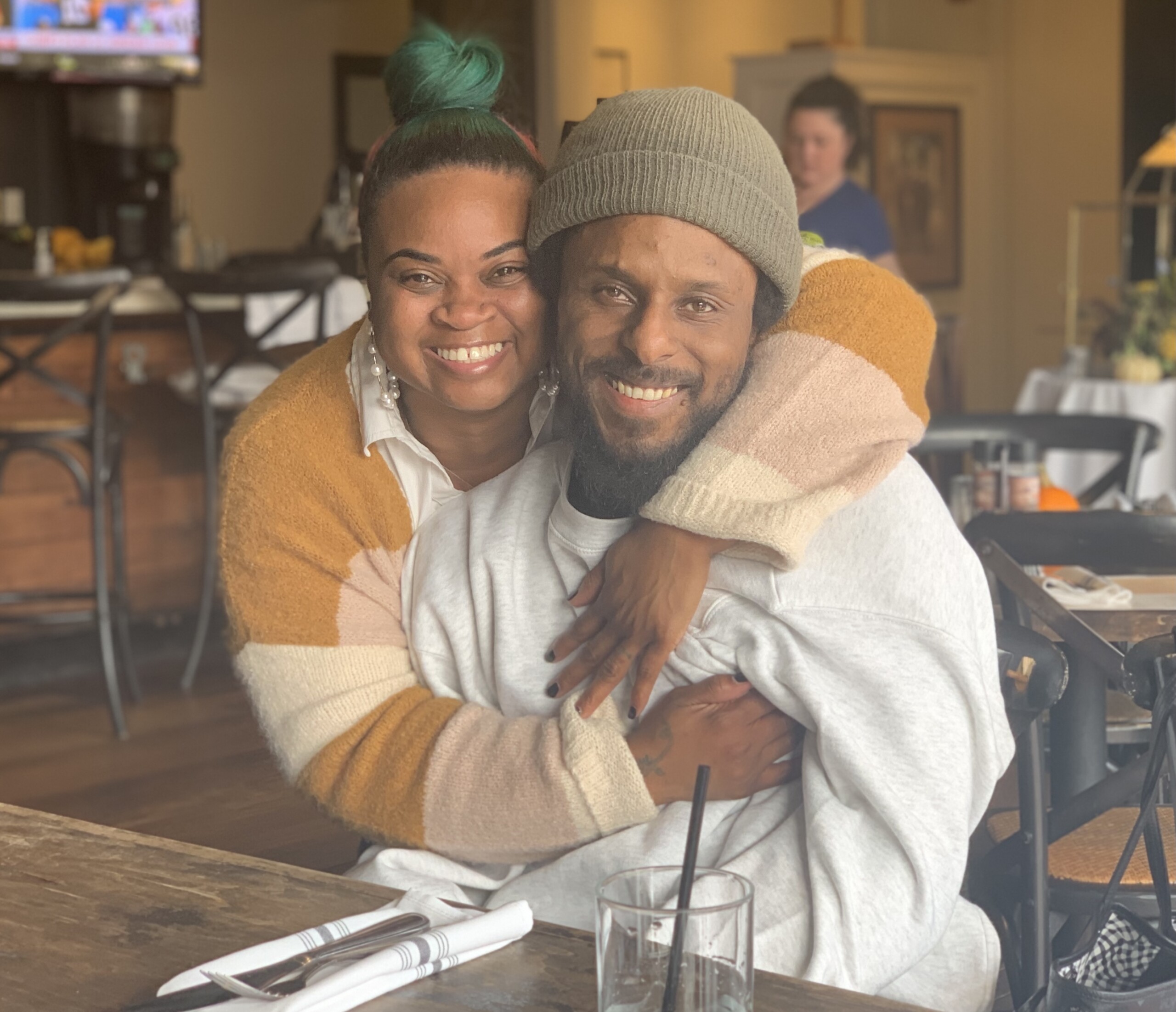David Morris
 A Baltimore City Circuit Court judge vacated the conviction of David Morris, who had spent nearly 17 years in prison for a murder he did not commit. David left prison as a free man, thanks to the work of the Mid-Atlantic Innocence Project (MAIP), the University of Baltimore Innocence Project Clinic (UBIPC), and the Conviction Integrity Unit (CIU) at the Baltimore City State’s Attorney.
A Baltimore City Circuit Court judge vacated the conviction of David Morris, who had spent nearly 17 years in prison for a murder he did not commit. David left prison as a free man, thanks to the work of the Mid-Atlantic Innocence Project (MAIP), the University of Baltimore Innocence Project Clinic (UBIPC), and the Conviction Integrity Unit (CIU) at the Baltimore City State’s Attorney.
On December 10, 2004, Mustafa Carter was approached by two people and shot three times in the head after a scuffle. The only evidence linking Morris to the crime was the statement of KL, who was driving with two other passengers when he saw the crime taking place, at dusk and in the rain. KL told police at the scene that he could identify the shooters, and police drove him around. KL said Morris sitting on a front porch near the scene and said David was the shooter. David was immediately arrested and hasn’t been home since.
Within hours of the shooting, KL’s description and account of events had already changed multiple times. No physical evidence linked Morris to the crime, and police were given seemingly credible information about an alternative suspect. Nonetheless, police never followed up on the alternative suspect; did not interview the second passenger in the car until five months after the shooting; and do not appear to have ever interviewed the third passenger in the car.
Prosecutors ignored these obvious deficiencies and proceeded to trial. KL said at trial that it was too dark, rainy, and foggy for him to have seen anyone’s face and did not identify Morris in court as the assailant. Thus, the only evidence presented that actually linked Morris to the crime was KL’s original statement to police. After two days of deliberation, the jury convicted Morris anyway. His direct appeal, post-conviction petition, and initial Writ of Actual Innocence petition were all denied without hearings.
When Morris first contacted MAIP, Screening Director Eily Raman immediately recognized it as a strong innocence claim, eventually assigning it to the University of Baltimore Innocence Project Clinic (UBIPC), a joint collaboration between the University of Baltimore School of Law and the Maryland Office of the Public Defender. UBIPC uncovered new evidence undermining KL’s account and also discovered the documents about the alternative suspect that had been withheld by the defense.
Based on that work, UBIPC presented the case to the CIU in 2018. The CIU investigation confirmed the work UBIPC did and also confirmed that Morris was excluded from DNA on Carter’s pockets, which one of the assailants allegedly had rifled through. This makes Morris the 11th person exonerated through the CIU-MAIP-UBIPC partnership since 2015.
Thanks to everyone who made this possible, including: Eily Raman; former UBIPC Clinic Director and current Of Counsel at MAIP, Michele Nethercott; former UBIPC Deputy Director Brianna Ford; former UBIPC students Nick Meriweather, Alana Quint, Amy Valdivia, Alexandra Waller, and Mahida Zahir; Brian Ellis, Lauren Lipscomb, Marilyn Mosby, and Linda Ramirez; the victim’s family, which supported the investigation and exoneration despite the pain it caused; and, last but not least, Morris and his family, whose determination to prove his innocence and secure his freedom never wavered.